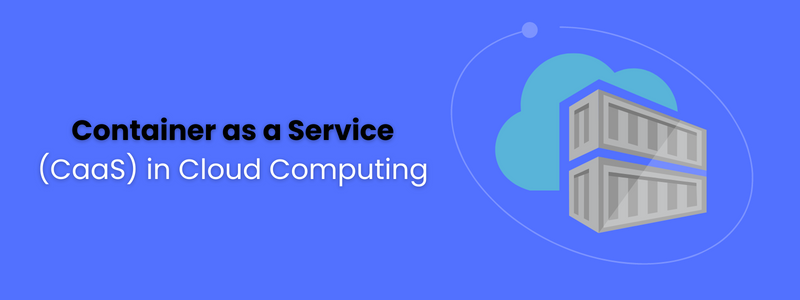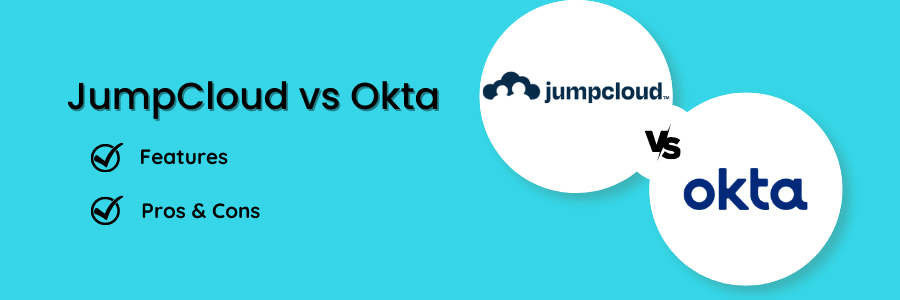Container as a Service (CaaS) in Cloud Computing

Container as a Service (CaaS) is a type of cloud computing service that enables users to run and manage containers on a cloud platform. Containers are a type of lightweight virtualization technology that can be used to package and isolate applications or workloads.
Container as a Service platforms provide users with a self-service interface for provisioning and managing containers, as well as a set of tools for monitoring and managing containerized applications. CaaS platforms typically include support for popular container orchestration tools, such as Kubernetes, Mesos, and Docker Swarm.
What is Container as a Service (CaaS)?
The term “container as a service” (CaaS) refers to a class of cloud services where clients can manage and deploy clusters and containerized applications.
Some people think of CaaS as a specific subtype of the Infrastructure-as-a-Service (IaaS) cloud service delivery model, where containers serve as the primary commodity instead of real hardware and virtual machines.
The Benefits of CaaS
- Container as a Service offer many benefits for businesses, including increased agility, scalability, and security. CaaS applications are also easier to deploy and maintain than traditional on-premise applications.
- CaaS applications can help businesses improve their bottom line in several ways. For example, CaaS applications are often more affordable than on-premise applications because they are subscription-based and pay-as-you-go. CaaS also allows businesses to get up and running quickly and without a large upfront investment.
- In addition, CaaS applications are highly scalable and can be easily expanded or contracted as business needs change. And because CaaS applications are hosted in the cloud, businesses can avoid the time and expense of managing and maintaining on-premise infrastructure.
- CaaS platforms can provide a number of benefits to organizations, including increased agility, faster deployments, and improved resource utilization. CaaS can also help organizations save money.
The Drawbacks of CaaS
Container as a Service is a relatively new concept that is gaining popularity in the business world. CaaS is a cloud computing model in which a service provider delivers a cloud-based service to customers on a pay-as-you-go basis. This type of service is appealing to businesses because it eliminates the need for big upfront investments in hardware and software. Instead, businesses can pay for only the services they need, when they need them.
However, CaaS is not without its drawbacks. One of the biggest is that it can be difficult to predict costs. When you use CaaS, you are relying on the service provider to manage your cloud-based infrastructure. This can lead to unexpected costs if the provider’s fees change or if you use more resources than you anticipated.
You may also like: Cloud Computing vs Cloud Directory
Conclusion: The Future of CaaS
The cloud-based, software-as-a-service (CaaS) market is expected to grow rapidly in the coming years. This growth is being driven by the increasing demand for cloud-based solutions and the need for organisations to reduce their costs. CaaS provides a number of benefits for organisations, including the ability to scale quickly, pay-as-you-go pricing, and the flexibility to choose from a range of services.
As the CaaS market grows, we are likely to see more innovation and the development of new services. This will provide organisations with even more options for meeting their needs. CaaS is expected to play a major role in the future of the IT industry, and we are only just beginning to see its potential.
The popularity of containers has been on the rise in recent years, due to the many benefits they offer over traditional virtualization technologies. Containers are more efficient and provide a better performance, due to their lightweight nature. They also offer greater portability and compatibility, as they can be run on any platform that supports container runtime.
We hope you enjoyed our blog and learned in detail about Container as a Service. Follow F60 Host for similar content.



